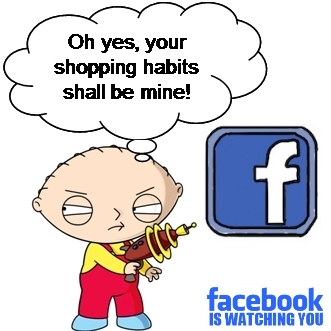Crafting a Social Media strategy is all about the right mindset. You can’t get expect to hack it with a four week blitz. You’re in it for the long haul, which also means you can’t expect to see an results in the first week.
Social Media’s all about creating an experience around your brand, and creating a two way flow of conversation (relationship marketing) that allows you to interact and learn from your consumer. Below’s some tips from DreamGrow on crafting a Social Media Strategy:
1. What Do You Do?
Describe what your company does in a single sentence. Make it Understandable to a 5 year old.
2. Listen to the Conversations

Now that you know what you are doing find out who’s talking about it. Find all the conversations that mention your brand directly or related to you in general.
3. Set a Goal
Why are you doing it? In the end you have to produce results and this is where you should write it down. In the beginning select just one and build your strategy to achieve that.
What gets measured gets done! Put a number on your goal.
4. Find Influencers and Communities
Go over the results you got from listening to the conversations and find who are talking about your brand. Who are having a following that might include you clients or prospects. Are there advocates who are really into your brand? Select the ones that you feel are the best match for your business and start monitoring them.
5. Who is Your Audience?

Select the target group that is most likely to be persuaded by your message. Who are the people who have most to gain by what do you do (step 1). Don’t try to please everyone at the same time with the same message.
One important thing to remember is the 1-9-90 rule. Only about 1 percent of people participate actively, 9 percent comment and interact occasionally and 90% are lurkers who do not contribute anything to the conversations.



